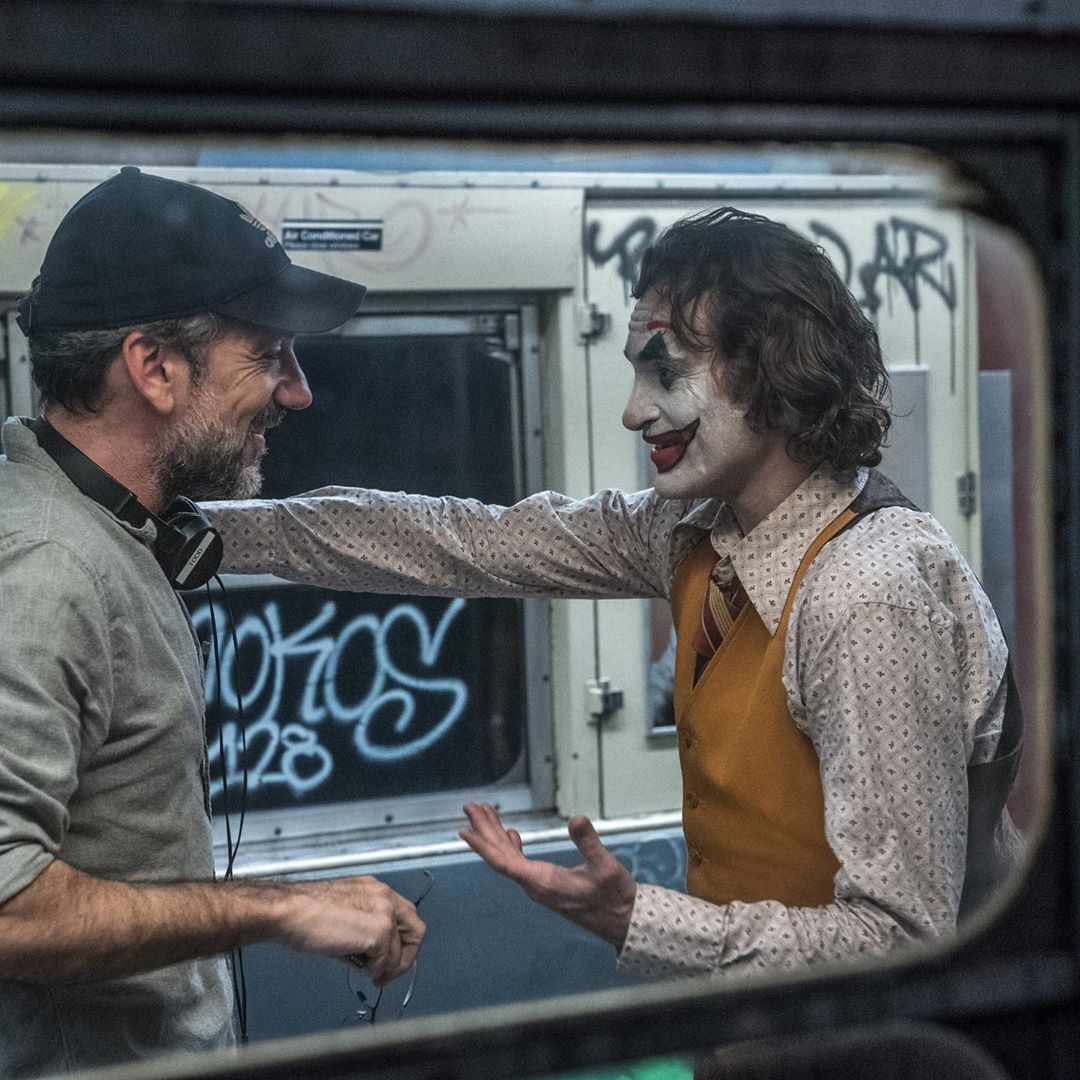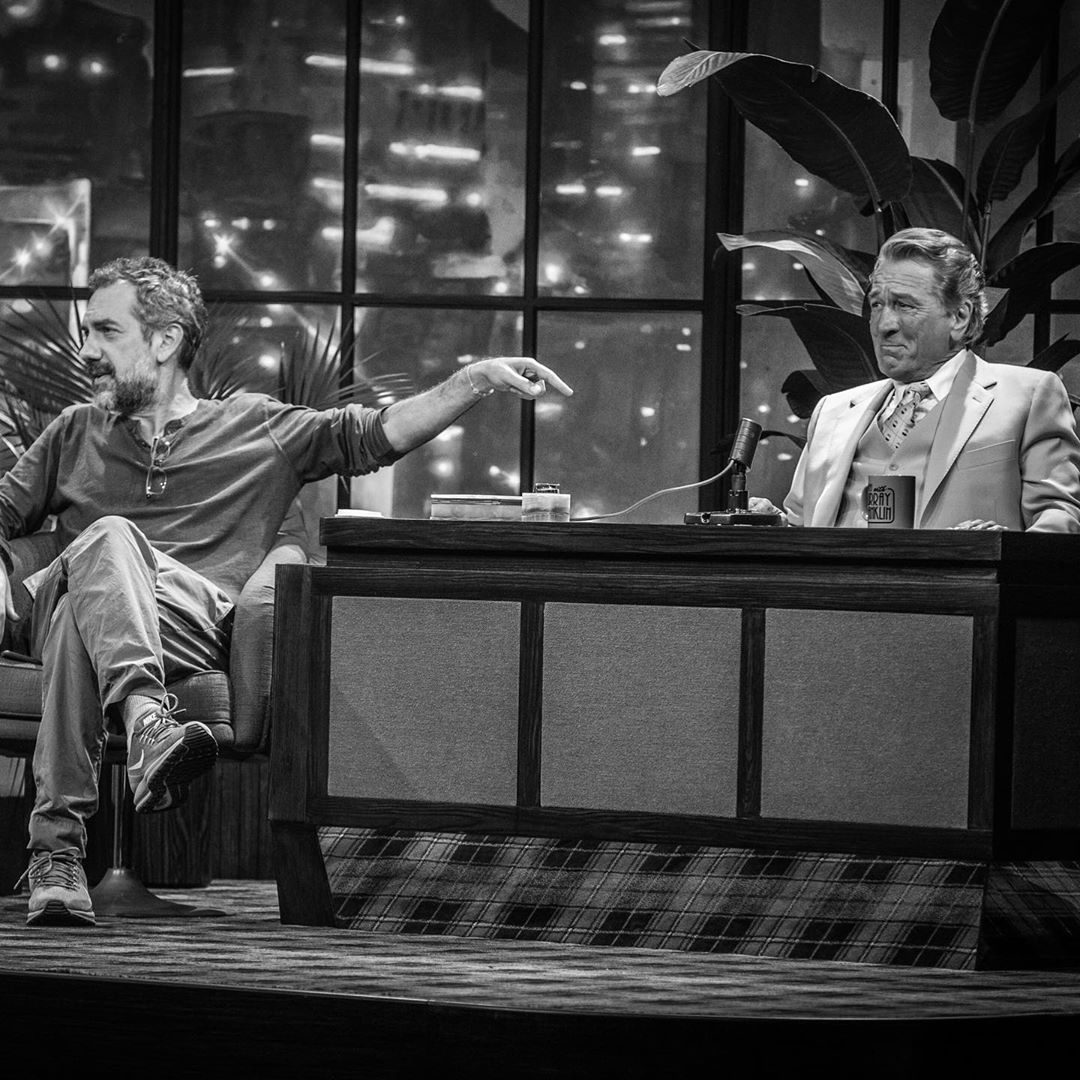The Unhinged Lexicon: Deconstructing the Joker’s Quotes in Todd Phillips’ "Joker"
Associated Articles: The Unhinged Lexicon: Deconstructing the Joker’s Quotes in Todd Phillips’ "Joker"
Introduction
With enthusiasm, let’s navigate by way of the intriguing subject associated to The Unhinged Lexicon: Deconstructing the Joker’s Quotes in Todd Phillips’ "Joker". Let’s weave attention-grabbing info and supply recent views to the readers.
Desk of Content material
The Unhinged Lexicon: Deconstructing the Joker’s Quotes in Todd Phillips’ "Joker"

Todd Phillips’ 2019 movie, "Joker," wasn’t only a superhero origin story; it was a personality research, a descent into insanity meticulously crafted by way of dialogue. Arthur Fleck, the person who turns into the Joker, does not merely communicate; he unravels, his phrases mirroring his fractured psyche and the societal pressures that push him to the brink. His quotes aren’t simply strains of dialogue; they’re fragments of a shattered worldview, a chilling commentary on alienation, injustice, and the seductive nature of chaos. This text delves into a few of the most vital quotes from the movie, exploring their context, their influence, and their contribution to the general unsettling energy of the narrative.
The Laughter as a Masks: Hiding Ache and Embracing Chaos
Arthur’s laughter is as a lot a personality as he’s. It is a nervous tic, a coping mechanism, a efficiency, and finally, a weapon. His early makes an attempt to regulate it, to clarify it away as a situation, spotlight his determined want for normalcy inside a society that rejects him. Quotes like, "I used to assume my life was a tragedy, however now I notice, it is a comedy," aren’t easy jokes; they’re statements of a twisted acceptance, a darkish humor born from profound struggling. He isn’t laughing at his life; he is laughing as a result of of it, discovering a perverse consolation within the absurdity of his existence. The laughter transforms, evolving from a symptom of his psychological sickness right into a deliberate selection, a calculated efficiency designed to unsettle and management.
The road, "Is it simply me, or is it getting crazier on the market?" displays Arthur’s rising notion of a world more and more detached to his struggling. This is not merely an statement; it is a query laden with desperation, a cry for connection that goes unanswered. His laughter, on this context, turns into a response to the overwhelming chaos he perceives, a manner of reclaiming management in a world that feels more and more uncontrolled. It is a masks, hiding the ache beneath, but additionally a sign of the upcoming storm.
Societal Rejection and the Seeds of Anarchy:
Arthur’s alienation is palpable. He’s repeatedly marginalized, mocked, and ignored. His interactions with society gas his descent, every rejection chipping away at his already fragile psychological state. The quote, "The worst half about having a psychological sickness is folks anticipate you to behave as when you don’t," completely captures his frustration. He’s judged, not for his actions, however for his situation, a situation that society refuses to know or accommodate. This societal failure to offer help or empathy turns into a crucial catalyst in his transformation.
The movie subtly highlights the systemic points that contribute to Arthur’s plight. The shortage of enough healthcare, the indifference of social companies, and the pervasive sense of inequality all contribute to his rising sense of injustice. His more and more violent acts aren’t merely random; they’re a response, a determined try and be seen, to be heard, to enact a type of justice in a world that has denied him any. The road, "I hope my loss of life makes extra cents than my life," is a poignant abstract of this sense of worthlessness, a profound assertion a couple of life lived on the margins, discarded by a system that claims to care.
Embracing the Persona: The Beginning of the Joker:
As Arthur’s psychological state deteriorates, he begins to embrace the persona of the Joker. This transformation isn’t sudden; it is a gradual course of, marked by more and more erratic conduct and a rising detachment from actuality. His adoption of the Joker’s make-up and his embrace of violence are symbolic of his rejection of the societal norms which have oppressed him. The Joker turns into a car for his rage, a method of expressing the ache and frustration he has suppressed for thus lengthy.
The quote, "Placed on a contented face," takes on a chilling irony on this context. It is not a real expression of optimism; it is a sarcastic commentary on the societal strain to adapt, to masks one’s true emotions. For Arthur, the joyful face turns into a masks, a facade concealing the rising darkness inside. The road highlights the hypocrisy of a society that calls for happiness whereas failing to deal with the underlying causes of struggling.
The well-known line, "What do you get once you cross a mentally sick loner with a society that abandons him and treats him like trash?," serves as a robust assertion in regards to the movie’s central theme. It is not a easy query; it is a rhetorical one, a provocative assertion that straight implicates society within the creation of the Joker. The road shifts the blame from the person to the system, highlighting the systemic failures that contribute to the creation of violence and chaos.
The Energy of Efficiency and the Manipulation of Actuality:
Arthur’s efficiency because the Joker isn’t just a bodily transformation; it is a psychological one. He makes use of his newfound persona to govern others, to achieve consideration, and to enact his revenge. His capacity to regulate his laughter, to challenge a picture of chaotic brilliance, turns into a weapon in itself. His interactions with others are rigorously crafted performances, designed to elicit particular reactions.
The road, "I’m not gonna kill you. I’m gonna present you," underscores this aspect of efficiency. Violence, for Arthur, isn’t merely an act of aggression; it is a theatrical efficiency, a spectacle designed to shock and unsettle. He makes use of violence to reveal the hypocrisy and the cruelty he sees on this planet, to power society to confront its personal failings.
Conclusion: A Reflection on Society’s Failures
The Joker’s quotes aren’t merely memorable strains; they’re fragments of a shattered thoughts, a mirrored image of a society that has failed to deal with its personal issues. The movie makes use of Arthur’s phrases to reveal the systemic points that contribute to violence and alienation. His laughter, his rage, and his descent into insanity aren’t simply particular person failings; they’re a consequence of a society that has uncared for its most susceptible members. By exploring the nuances of Arthur’s language, the movie compels us to confront uncomfortable truths about ourselves and the world we dwell in, leaving an enduring influence lengthy after the credit roll. The quotes, of their unsettling energy, function a stark reminder of the potential penalties of societal indifference and the seductive attract of chaos when hope is misplaced.








Closure
Thus, we hope this text has offered priceless insights into The Unhinged Lexicon: Deconstructing the Joker’s Quotes in Todd Phillips’ "Joker". We thanks for taking the time to learn this text. See you in our subsequent article!